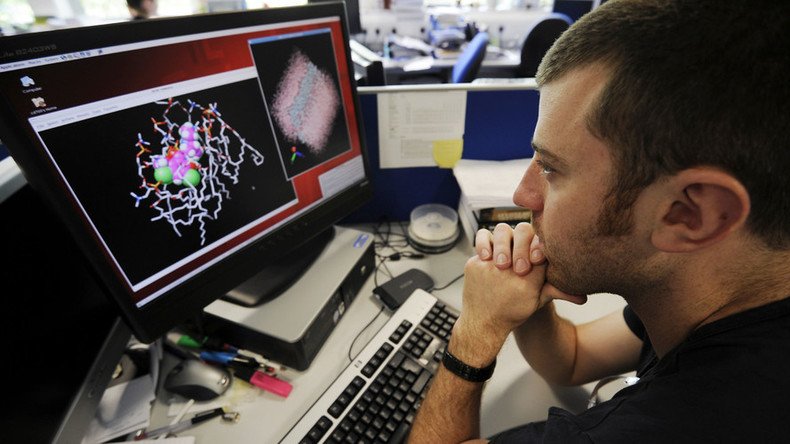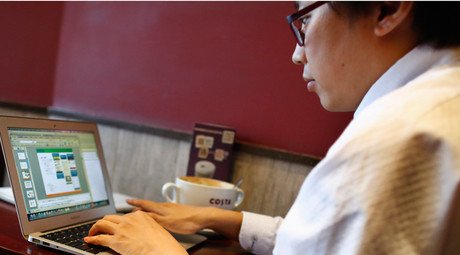State Dept. proposes foreign researcher restrictions over spy fears

In an attempt to safeguard US secrets, the State Department has proposed a rule limiting the range of subjects foreign students could research. Universities are opposed, arguing the rule would limit their access to the world’s brightest.
The proposal would require foreign students to get special licenses if they want to work on sensitive research projects, such those related to nuclear engineering, defense and satellite technology, Reuters reported on Wednesday.
The Obama administration considers universities to be particularly vulnerable because of the open environment that they provide. In addition to military and strategic concerns, universities can be easy targets for those seeking to undermine the country’s economic edge through intellectual property theft.
Foreign students already have to deal with getting licenses for certain research classified as “technical,” and students from countries that have a strained relationship with the US – such as China, Iran and North Korea – are generally not approved, university officials told Reuters.
The new rule would expand the restrictions to include any project that private sponsors deem to be sensitive, by requiring something known as a “pre-publication review.”
Many top US universities are pushing back against the proposed change, saying that it could severely limit the pool of qualified students to participate in essential research, with Stanford University saying in a letter to the Department of State that the rule would have “disastrous consequences.”
The balancing act between national security and academic freedom can be seen with Chinese students. The FBI considers Beijing to be a leading culprit when it comes to cyber espionage and carrying off US secrets, but Chinese nationals perform a large amount of research at top universities.
Steve Eisner, Stanford’s director of export compliance, said that the prestigious research university “wouldn't be able to perform the same basic foundational research that we do” because the rule would be so restrictive to Chinese students.
Foggy Bottom considers it important to tip the scales in favor of national security because universities are considered to be “a soft target,” Tony Dearth, director of defense trade controls licensing at the State Department, told Reuters.
READ MORE: Spy confesses to stealing Monsanto and DuPont GM seeds for Chinese conglomerate
In January, Chinese-born US citizen Mo Hailoing admitted to being the ringleader of a group smuggling genetically modified seeds from US biotech corporations Monsanto and DuPont Pioneer. Mo, an executive at Beijing-based animal-feed company Dabeinong Technology Group, entered a plea deal to serve five years in prison.
Thirty-one percent of the 1 million foreign students in the US are Chinese, according to the Institute of international Education.













